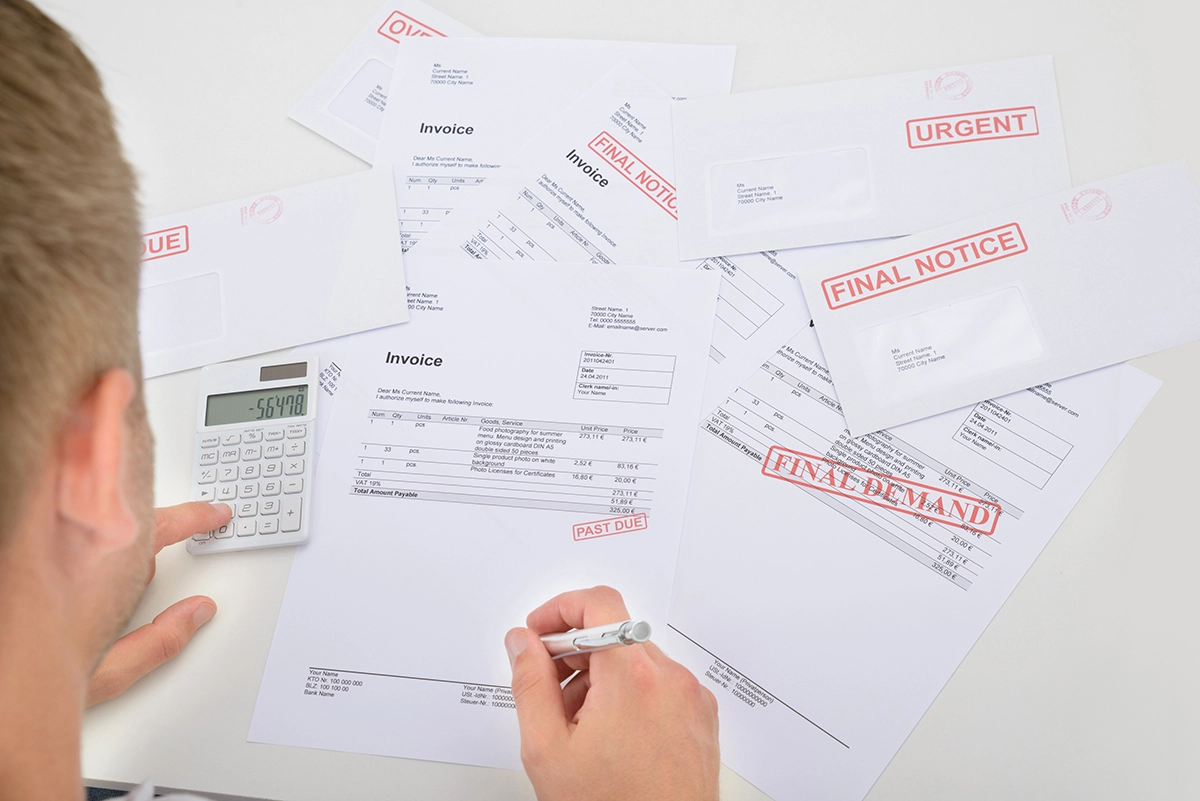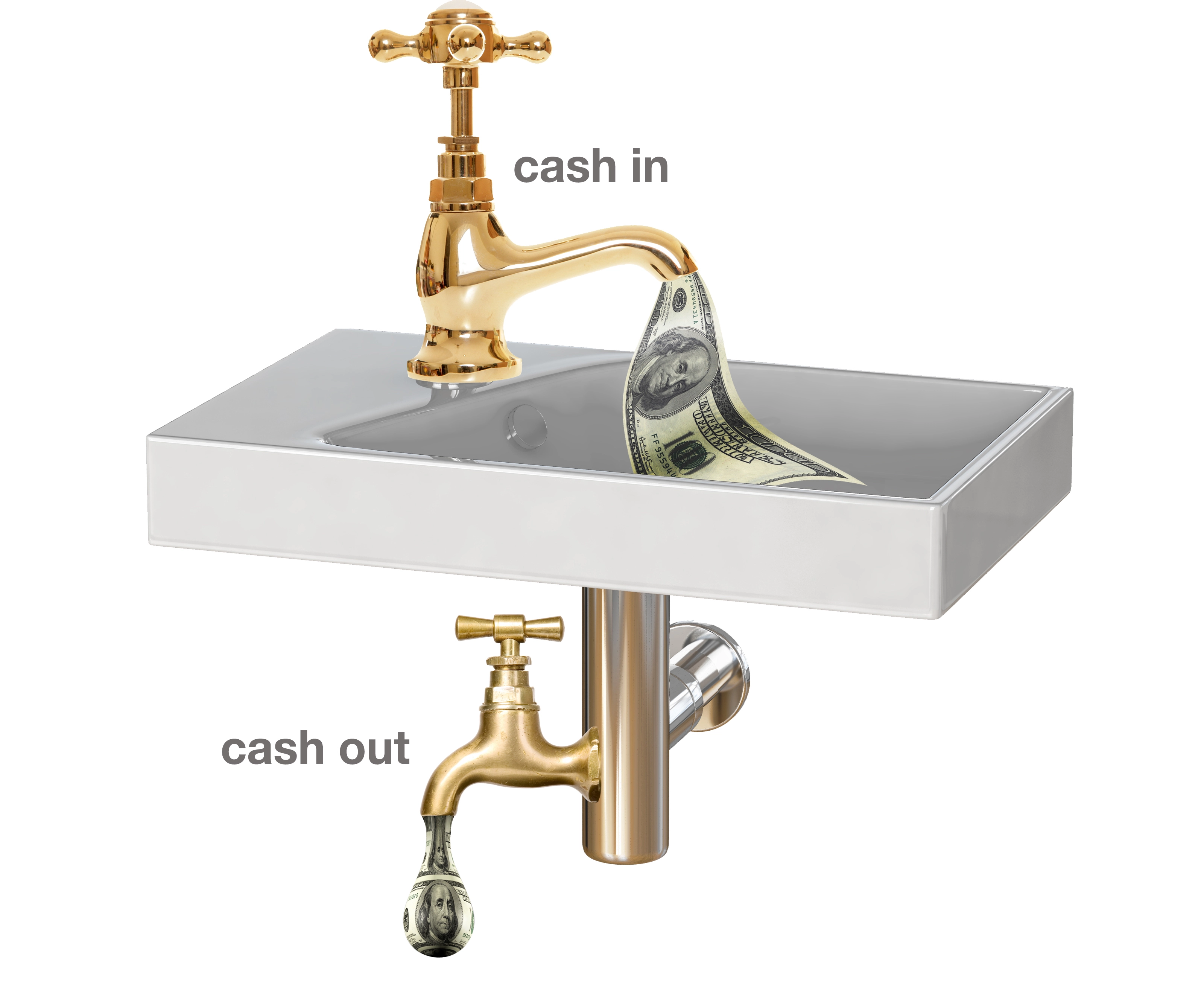A sensible approach to saving will protect your company during inevitable downturns.
Many of you had a great, profitable summer. Make sure the following does not happen to you:
A colleague had an acquaintance who was seeking funding for his business. My colleague introduced him to a potential investor over lunch. The next day the investor called my colleague and told him that the person was nice, but he would never invest in his business. My colleague asked why. The investor replied that my colleague's friend suffered from "Mercedes-Benz Syndrome."
"What's that?" my colleague asked. The investor explained that during the conversation he found out that this person was funding a luxury car lease through the business. He appeared interested in having the business pay for his personal lifestyle. The investor explained that his money was not going to pay for a car lease. His investments were supposed to help grow the business, not the owner's personal "finer things of life." He went on to explain that he called this the "Mercedes-Benz Syndrome," meaning the business pays for unnecessary personal assets, such as the owner's Mercedes-Benz. Investment that is supposed to go toward business needs is diverted to pay for the owner's personal wants.
It struck me that a lot of contractors suffer from this malady. They don't understand that cash does not mean profits and, more importantly, that having cash does not mean having to spend it. Contractors who have the syndrome use the business cash to buy boats, trucks, and cars; write off vacations; build an expensive home, or have a non-working relative on the payroll. Instead of investing in the business, they invest in themselves.
Don't get me wrong. There is absolutely nothing wrong with enjoying the fruits of your labor. However, you can't do it at the expense of your business. Our industry is very cyclical, and you must save cash for the downturns.
Sometimes you must save for years. A mechanical contractor I know enjoyed 10 years of 15% or more net profits before taxes. During this time, he did not take a lot of money out of the business. His company paid modest bonuses but invested most of the money back into the business.
Then the downturn hit. Suddenly his business was competing with companies that normally weren't in his type of business. He was competing with people who didn't understand overhead. In some cases, prices fell below the cost of doing business. As a result, work decreased dramatically, and the company had to lay off over 100 people. However, they survived this downturn and saw an upturn again — nine months later. They had the cash to survive. Ten years of savings had given them the cash they needed to fund operations when business was very slow.
Another mechanical contractor also had 10 good years. The owners of this company took everything out of it that they could and spent it on second homes, expensive vacations, and the finer things of life. When the economy tanked in their geographic location, they scrambled. Unfortunately they didn't survive. They went bankrupt.
They readily admitted that they didn't invest back in the business, and it killed them.
So how do you avoid the Mercedes-Benz Syndrome? Make sure that you are earning enough on your jobs and service work to generate reasonable profits, and that you save some of the money you generate. You actually can save relatively painlessly. Save 1% of every check that comes in the door. That means if your deposits for the week total $1,000, you write a check into a savings account for $10. You'll never miss the $10. And that $10 will start earning interest.
You also can save your service-agreement revenues. A contractor I know funded his retirement through service-agreement revenues. The company never used them for operating funds. It saved all new and renewal revenues. Over 10 years this added up to hundreds of thousands of dollars.
Neither of these two savings plans is difficult to do, but they do take discipline. If you save service-agreement revenues, then whenever a customer pays an invoice that includes service revenues and a new service agreement, you must have the discipline to write a check to a savings account for the portion of the payment that is service agreement revenues. Many contractors have their bookkeepers perform these activities and personally verify that they are done.
How much you should save is up to you. The amount depends on whether your company has a line of credit. If you have an untapped line of credit, it can be a form of emergency cash. However, even with that safety net, many contractors like to have the equivalent of at least two to three months of overhead expenses saved. Others save the value of at least six weeks of payroll and payroll taxes in the bank at any moment. Their reasoning is that if no work came in the door, they could at least pay their people for a reasonable time. You'll need some savings that are fairly liquid (that you can quickly turn into cash). Other savings could be held for the long term, which probably will earn more interest.
Hopefully you don't have the Mercedes-Benz Syndrome, and good profits and savings will help prevent you from a financial hardship in years to come.





